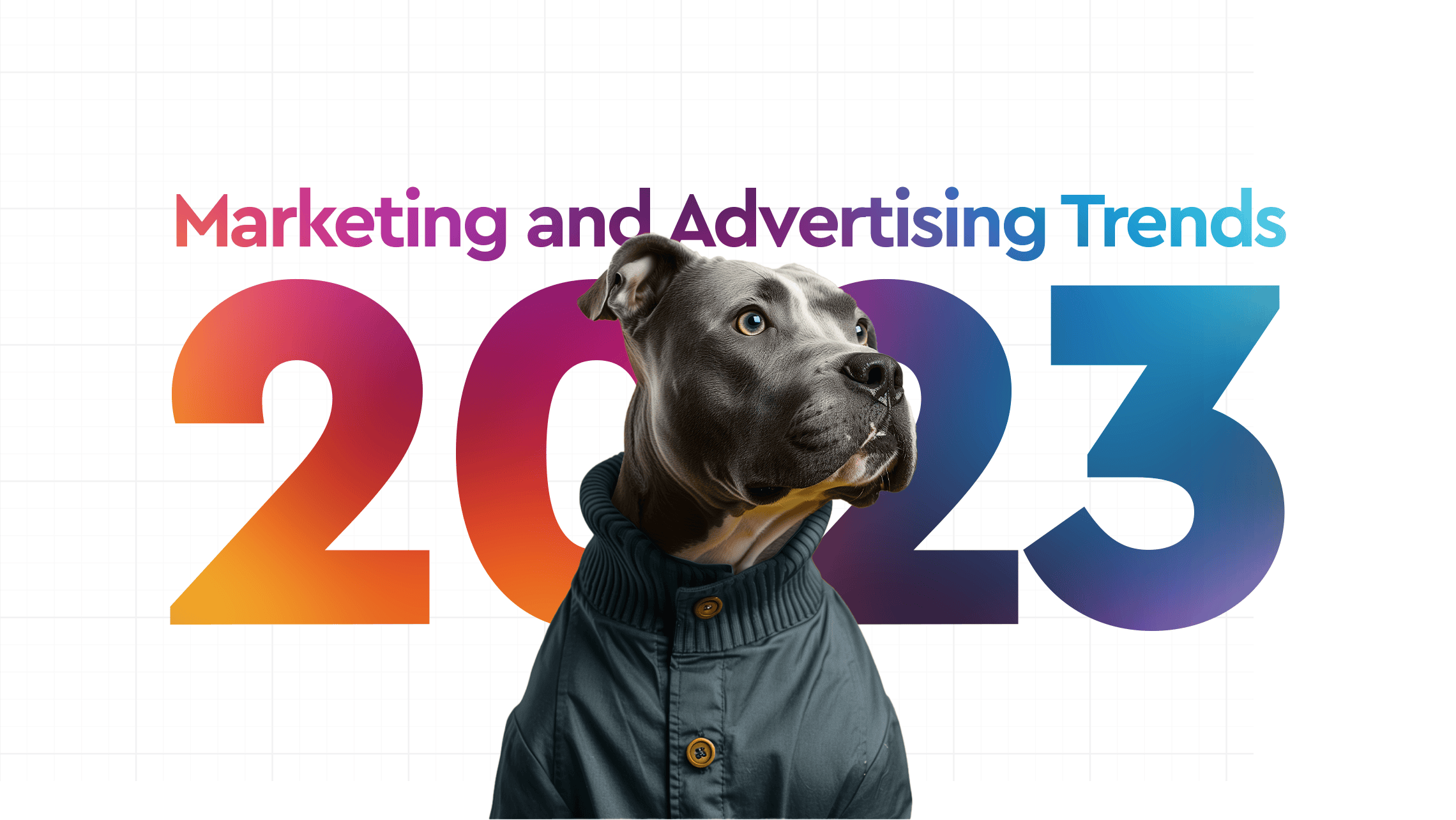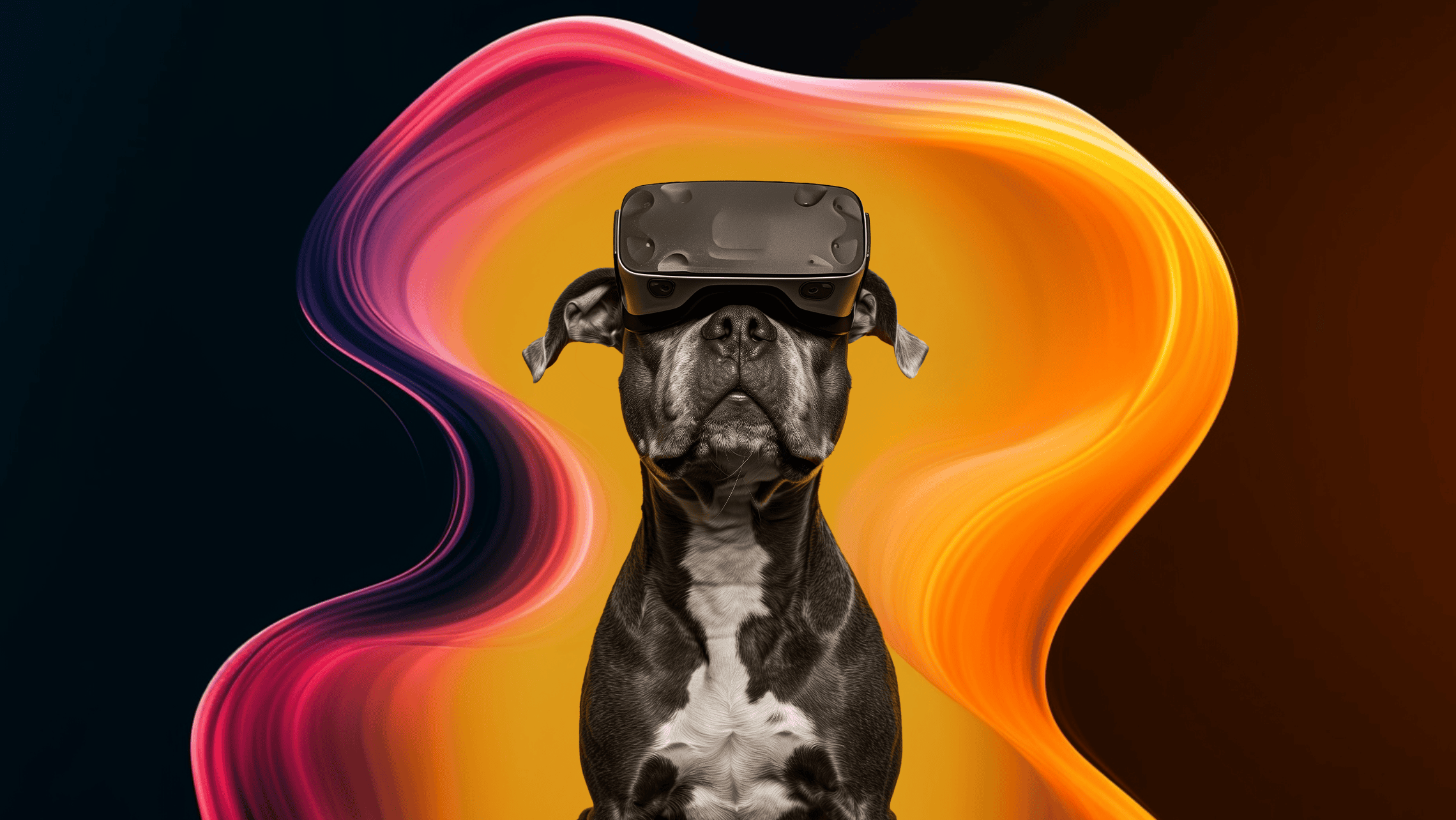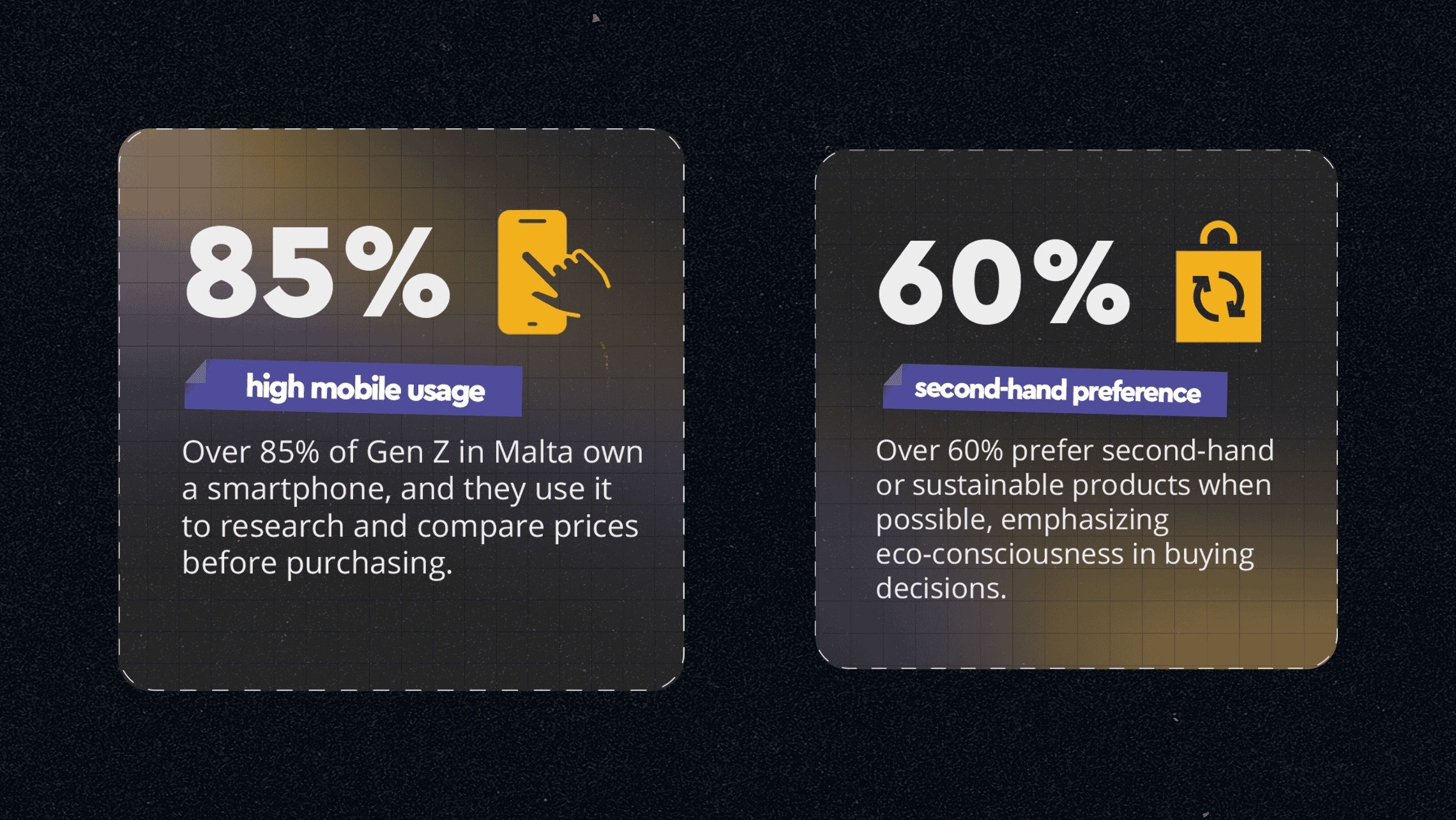


As the marketing landscape evolves, staying abreast of the latest trends is crucial for brands aiming to maintain a competitive edge. In 2023, several key developments are shaping the industry.
Artificial Intelligence (AI) continues to revolutionise marketing strategies. Brands are leveraging AI to deliver personalized content, enhancing user engagement and retention. For instance, companies like Spotify and Netflix utilise AI algorithms to recommend content tailored to individual preferences. This trend underscores the importance of understanding consumer behavior to create targeted advertising campaigns.
Consumers are increasingly prioritising sustainability, prompting brands to adopt eco-friendly practices. Companies such as The Body Shop and Patagonia emphasise ethical sourcing and environmental responsibility, attracting a loyal customer base committed to sustainability. This shift reflects a broader trend where corporate responsibility influences consumer purchasing decisions.
Influencer marketing has evolved beyond celebrity endorsements to include micro-influencers with highly engaged audiences. Brands like Daniel Wellington and Glossier collaborate with these influencers to create authentic connections with consumers, resulting in more effective and trust-building campaigns. This approach highlights the value of authenticity and relatability in marketing strategies.
The emergence of the metaverse and virtual reality (VR) offers new avenues for immersive advertising experiences. Brands such as Gucci and Adidas are pioneering virtual stores and events, engaging consumers in unique digital environments. These innovations provide opportunities for brands to create memorable interactions that resonate with tech-savvy audiences.

Stricter data privacy regulations, including GDPR and CCPA, are reshaping digital advertising strategies. Updates like Apple's iOS 14.5, which introduced App Tracking Transparency, have significant implications for ad targeting and measurement. Marketers are adapting by focusing on first-party data and consent-based approaches to balance personalization with privacy concerns.
The integration of commerce and content is exemplified by interactive and shoppable media. Platforms like Instagram and TikTok enable users to purchase products directly from posts and videos. Brands such as Sephora and H&M leverage these features to create engaging shopping experiences, driving e-commerce growth and enhancing customer convenience.
Diversity and inclusion have become central to marketing strategies. Campaigns like Nike’s "Dream Crazier" and Procter & Gamble’s "The Talk" address social issues and celebrate diverse communities, resonating with a broad audience. This focus not only reflects societal values but also strengthens brand loyalty among consumers who prioritise inclusivity.

The marketing and advertising landscape in 2023 is characterised by technological advancements, a focus on sustainability, and a commitment to diversity. Brands that embrace these trends are better positioned to connect with consumers and achieve long-term success.